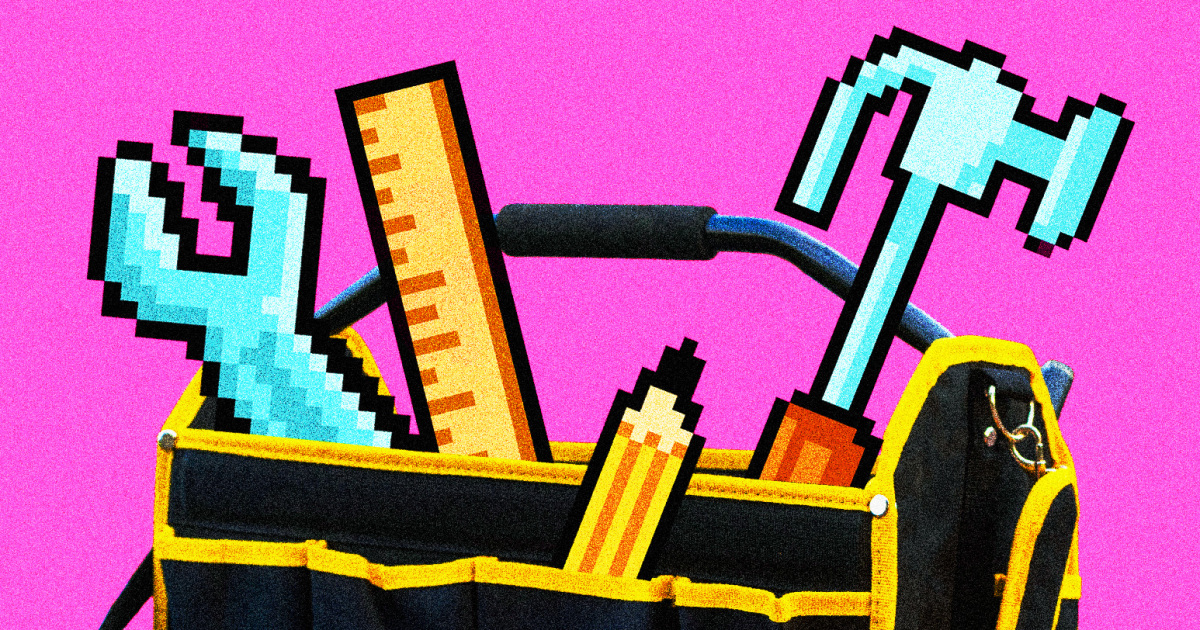There is no shortage of hype around AI coming for jobs, and while the U.S. labor market has begun to sputter, hard evidence of AI-related job losses is scarce.
Geoffrey Hinton’s message on a recent podcast about artificial intelligence was simple: “Train to be a plumber.”
Hinton, a Nobel Prize-winning computer scientist often called “the Godfather of AI,” said in June what people have now been saying for years: Jobs that include manual labor and expertise are the least vulnerable to modern technology than some other career paths, many of which have generally been considered more respected and more lucrative.
“I think plumbers are less at risk,” Hinton said. “Someone like a legal assistant, a paralegal, they’re not going to be needed for very long.”



My old 6 month contract “research” job a year and a half ago had plenty of people worried about this and that was AI in infancy. But they were right, not because AI was good but because most of them had such menial tasks that AI could do them. It was mostly reporting to faculty and staff easy to look up figures that you could literally read off a dashboard.
I actually created a script to do my job for me, no AI needed, just filled out a yaml file with a Google form stating the parameters needed and R would pull from SQL everything needed. I was even going to add code to insert it into a document, but my contact wasn’t renewed because of a weird beurocratic technicality so I passed the script to the only other competent person working there.
In short, our jobs were 90% automateable with a script even before AI was a mainstream fear. Also a quick search shows they changed most of their staff since then so eh.